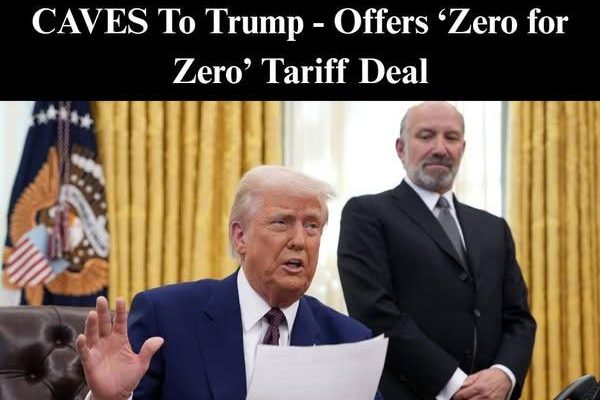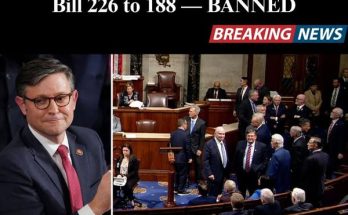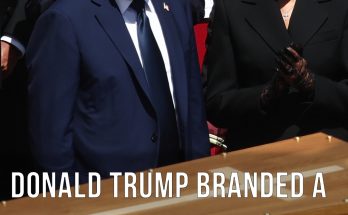On Monday, the European Union declared that its member states are prepared to engage in negotiations with President Donald Trump, merely three days following the implementation of extensive tariffs that have notably impacted exports to the U.S.
In her prepared statements, European Commission President Ursula von der Leyen highlighted that Europe is consistently open to favorable agreements, reflecting a sentiment that Trump has advocated since the introduction of the tariffs last week.
Von der Leyen’s remarks represent one of the most significant admissions by a European leader regarding the E.U.’s potential inability to maintain its trade surplus with the U.S. for an extended period.
‘We have proposed zero-for-zero tariffs on industrial goods, as we have successfully achieved with numerous other trading partners,’ stated the German politician, prior to welcoming Norwegian Prime Minister Jonas Gahr Støre to Brussels.
She further noted that the tariffs impose substantial costs on U.S. consumers and businesses, reiterating that the E.U. is prepared to negotiate with the United States.
The European Union will continue to be dedicated to implementing countermeasures and safeguarding its interests, as it aims to enhance its defenses against the indirect consequences of trade diversion, as stated by Von de Leyen in the Guardian.
A significant advancement towards the removal of tariffs between the U.S. and the E.U. is anticipated later this week when the European leader convenes with officials from other E.U. countries to deliberate on fortifying the single market by eliminating existing obstacles.
Later in the day, E.U. trade commissioner Maroš Šefčovič recognized that Europe is currently in a vulnerable negotiating position against Trump, characterizing the continent as being in a ‘difficult situation.’ He informed reporters, ‘Seventy percent of our total exports are subject to tariffs ranging from 20% to 25% or even higher,’ prior to a meeting with U.S. officials where he pledged to highlight that ‘the E.U.-U.S. trade relationship could benefit from a renewed perspective and enhancement in strategic sectors,’ pointing out that both markets ‘confront similar challenges.’
Mexican President Claudia Sheinbaum proactively addressed the situation by announcing that Mexico would refrain from implementing reciprocal tariffs on U.S. imports following the imposition of 25% tariffs on Mexican aluminum and steel by the U.S. Concurrently, Israeli Prime Minister Benjamin Netanyahu, who recently halted the majority of U.S. tariffs in Israel, is scheduled to meet with President Trump at the White House on Monday. This meeting will provide the first chance for a global leader to engage in discussions regarding the necessity for more equitable trade agreements between the two countries.



